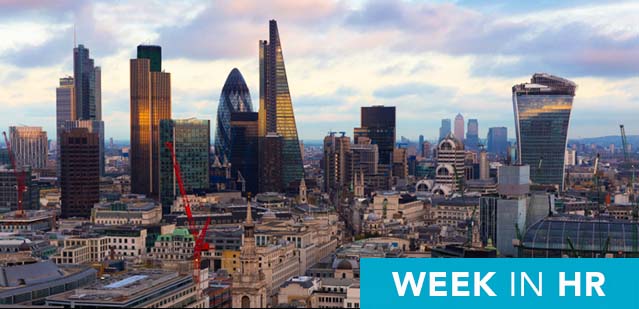At some point, we’ve all been left stranded on the platform looking up at delayed signs, or sat starting out of the window at un-moving traffic. By the time we eventually get to work we are hot and flustered, grumbling at public transport, needing a cup of tea and a few deep breaths before starting work.
Not only are these delays incredibly frustrating for employees, but a recent survey suggests that they hit their employers in the wallet. Train travel accounts for a loss of almost 62.5 hours of working time a year, while car travel loses 60 hours and 40 minutes, and buses 52 hours.
Not only that, but over half of the employers surveyed thought there was a knock-on effect, as delayed employees lost further time settling down to work after arriving late, and suffered from decreased productivity
What about those who cycle into work? Well, they lose an average of just 32 hours due to delays, and a third of employers said that those who cycled were more productive at work. In addition, 44% described staff who cycled as more efficient and 89% said they were more energised.
Add that to the fact that cycling reduces the risk of diabetes and heart disease, and a report from the Institute of Employment Studies linked cycling to having a protective effect against certain cancers, and the benefits of cycle for both employees and employers becoming clear – an on-time, energised and healthy workforce can only be beneficial for businesses.
So many zeros
Management culture was brilliantly spoofed in NBC’s hit comedy 30 Rock. In one classic scene, a studio page, the lowest of the low, accidentally gets the chief executive’s payslip. He opens it and then folds out the expanding side panels. An ordinary payslip isn’t wide enough to fit all of the zeros.
So, is life imitating art with news on executive pay? FTSE 100 CEOs have received an average 10 per cent pay rise in the last 12 months, bringing their average package to £5.48 million.
The pay ratio between bosses and employees now sits at 140:1. This is actually a slight decrease from the 148:1 ratio from 2014, as the average weekly wage also increased in the last year, albeit only by 1.9 per cent.
This is partly because of the introduction of the national living wage, bringing the minimum wage up to £7.20. However, businesses are now trying to persuade Greg Clark, the new business secretary, to slow down or abandon its introduction. Many trade associations, including the CBI and the British Beer and Pub Association, are worried about the economic uncertainties and high input costs that businesses are faced with.
The high cost of CEO pay is having knock-on effects for the rest of the business, as a recent CIPD study showed that 59 per cent of employees said that CEO pay was directly demotivating to them at work, and negatively impacting the culture of the workplace.
The pay disparity, while shocking, does look better when compared to our American cousins – never to be outdone. There the median pay of an S&P 500 chief executive was $10.8 million, and US CEOs received 204 times their employee’s salaries.
Did brexit break it?
Britain’s employers are taking a cautious approach to recruitment in the months following the UK’s vote to leave the EU, resulting in the sharpest drop in permanent job placements since 2009.
Between May and July, the Recruitment and Employment Confederation’s index for permanent job placements fell from 52.9 to 45.4. The drop of four points is an acceleration of a gradual decline from its peak of 65 in 2014. A score of below 50 represents a decline in job candidate placements.
The figures show a significant loss in confidence from employers, and come just after the Bank of England predicted that unemployment will rise from 4.9% to 5.5%, causing 250,000 people to lose their jobs. The figures also reflect the fact that employees too have lost confidence, and are staying in the relative safety of their current position rather than risking a change in employer.
Despite this, demand for staff has remained relatively strong. Cautious about committing to new long-term hires, businesses are instead relying on temporary workers as they wait for the post-Brexit picture to clear.
It’s not all doom and gloom for employees – research by online recruitment portal totaljobs suggests that almost half of UK businesses won’t change the number of people they hire as a result of Brexit, while only a quarter think they will hire less. The majority of employers don’t think Brexit will impact their ability to recruit (65%) or cause a salary freeze (78%), won’t delay hiring for roles (54%)) and think it unlikely that they will have to let people go (61%)
Despite these relatively optimistic figures, uncertainty amongst employees remains high. This is partly because almost three-quarters of employees have not had any communication from their employer about the impact of Brexit. During uncertain times, this shows the importance of businesses communicating with their employees.

